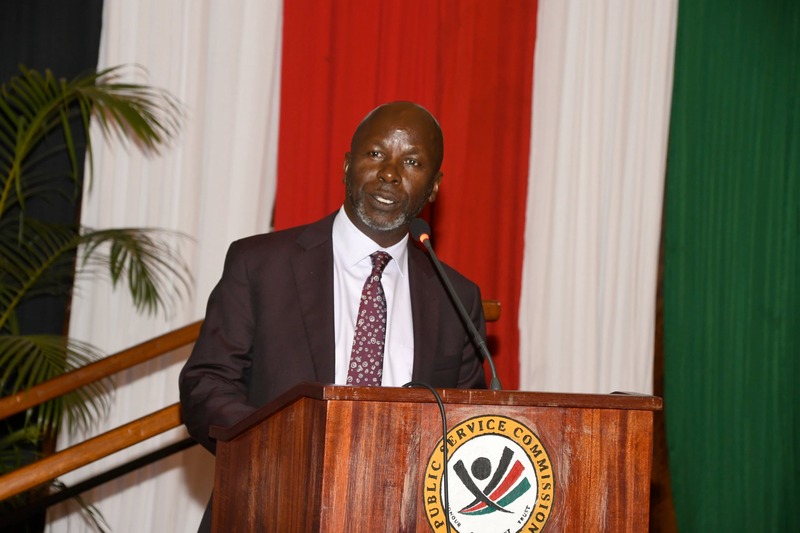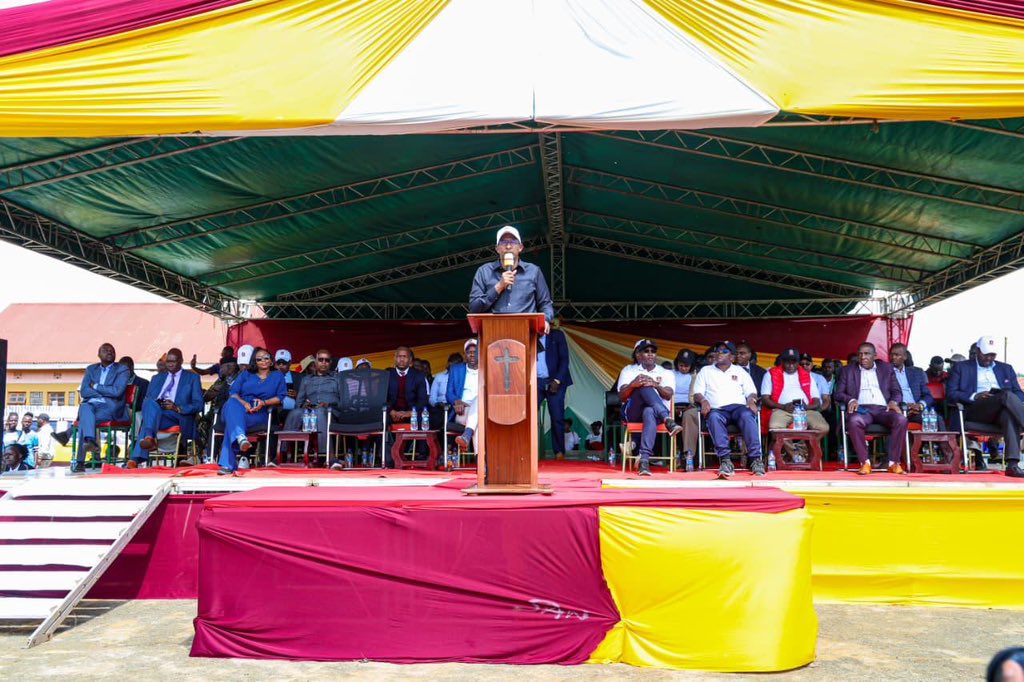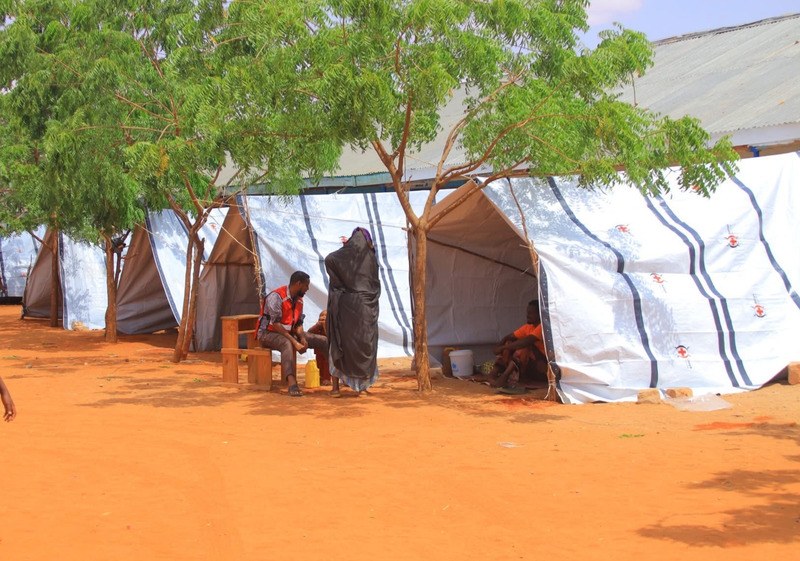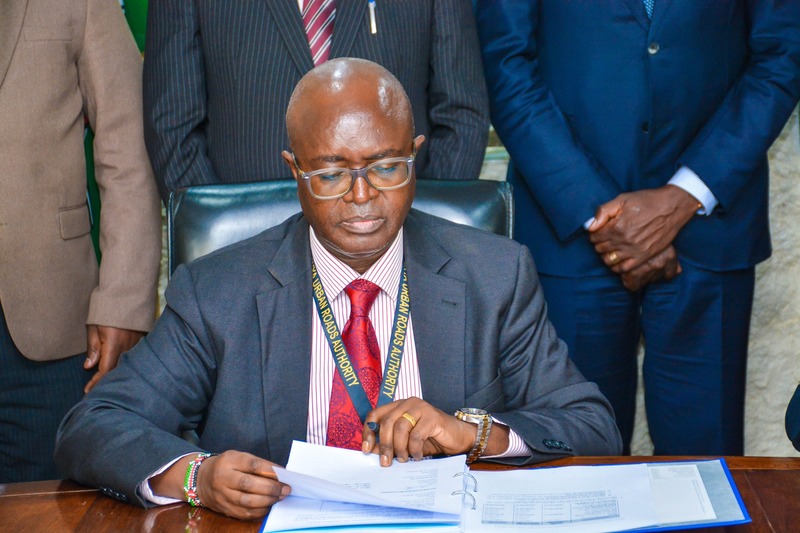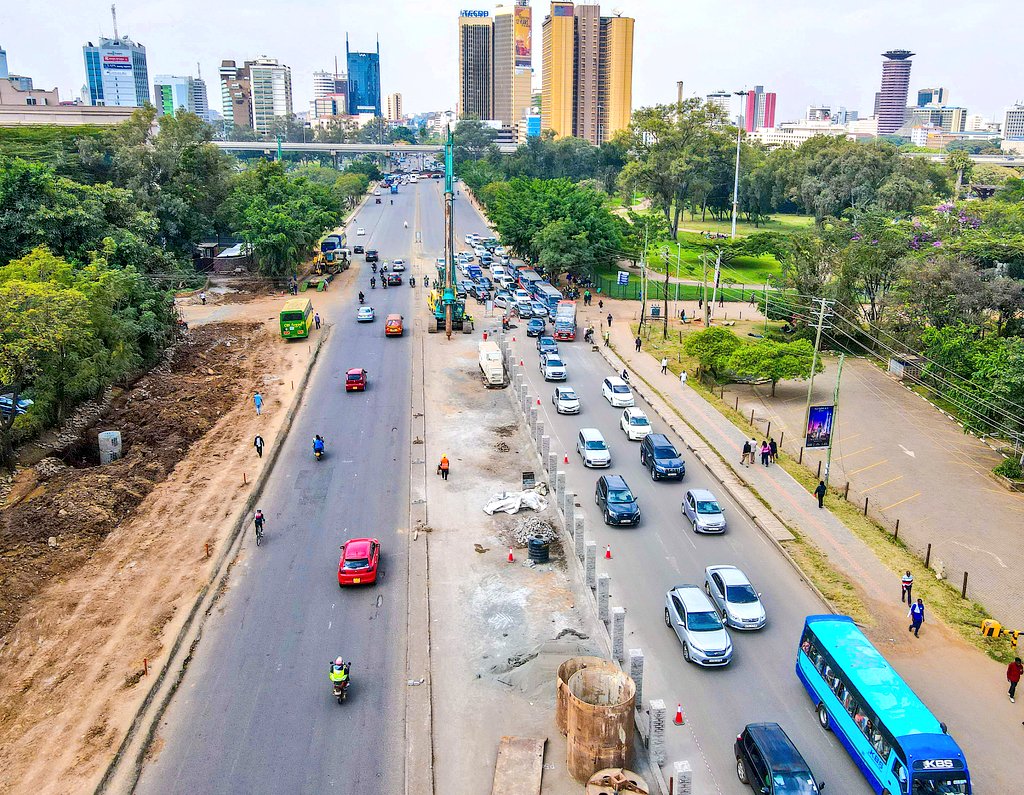Confusion over President Ruto’s 250,000 housing jobs as sector shrinks
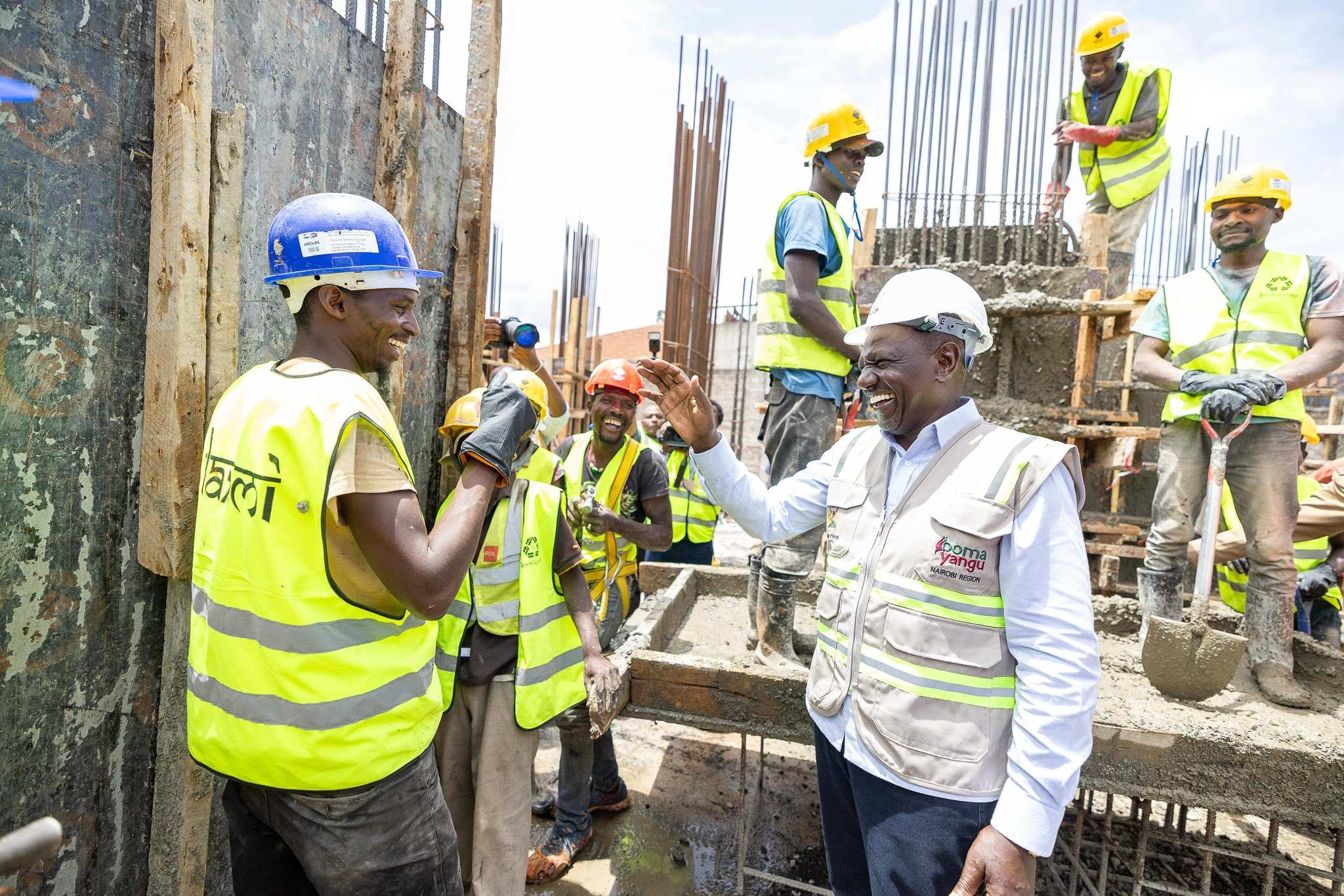
According to the 2025 Economic Survey, private construction firms shed 2,900 jobs, reducing the number of people they employ from 226,300 in 2023 to 223,400 in 2024.
A contradiction has emerged between the government’s claims of job creation under the affordable housing programme and official data showing job losses in the construction sector last year.
According to the 2025 Economic Survey, private construction firms shed 2,900 jobs, reducing the number of people they employ from 226,300 in 2023 to 223,400 in 2024.
More To Read
- President William Ruto unveils Sh44 billion Linzi listing, eyes IPOs for State firms
- Ruto defends economic reforms, vows to push ahead with affordable housing, cost of living agenda
- Governors back Ruto’s plan to use housing levy for building markets, social infrastructure
- COTU denies role in drafting affordable housing regulations, demands proof from PS Hinga
- Government defends housing levy for markets amidst COTU misuse claims
- Ruto: 20% of affordable housing units reserved for KDF, police, NYS officers
The government added only 200 jobs in the same period, raising public sector construction employment to 9,900.
“The construction sector declined by 0.7 per cent in 2024 compared to 3 per cent growth registered in 2023. There was reduced momentum in both public infrastructure projects and private sector developments that signalled a period of adjustment for the industry,” the Kenya National Bureau of Statistics (KNBS) noted.
These findings appear to contradict repeated government assurances that the affordable housing initiative has generated hundreds of thousands of jobs.
In December last year, President William Ruto said 200,000 jobs had been created through the programme.
“The affordable housing strategic pillar of the Bottom-Up Economic Transformation Agenda has so far created 200,000 jobs and thousands of indirect opportunities across the building and construction value chain,” President Ruto said.
The numbers were updated during Labour Day celebrations, where the President said the jobs created had grown to 250,000.
“By the end of April, it had created over 250,000 jobs spanning architecture, engineering, urban planning, masonry, carpentry, plumbing, and electrical work, while reinvigorating local economies,” Ruto said.
The Affordable Housing Programme (AHP) is a priority initiative by the Kenya Kwanza government that targets the delivery of decent and affordable housing to low and middle-income households.
Potential homeowners interested in buying the houses can register on the Boma Yangu housing portal, make savings and select their housing preference.
In 2019, Kenya’s population was 47.5 million, of which 31 per cent were residing in urban areas.
Although most of the country’s population still resides in rural areas, the trend towards urbanisation is projected to continue, with 50 per cent of the country’s population expected to live in urban areas by 2050.
However, the contradiction between these statements and the sector’s recorded job losses has raised questions about how and where the jobs under the housing project are being counted.
KNBS, however, attributed the sector’s decline to a range of structural issues. Among them were limited access to affordable financing and reduced investor confidence.
Cement consumption, a key indicator of construction activity, dropped by 7.2 per cent to 8.537 million tonnes.
The survey also showed that the prices of construction materials increased by 2.83 per cent in 2024, up from 2.3 per cent in 2023, putting further pressure on the industry.
In addition, commercial banks reduced lending to the construction sector from Sh602.7 billion in 2023 to Sh528 billion in 2024, further dampening private sector activities.
By February this year, the National Treasury said that 124,000 housing units were at different stages of construction, but this too has not matched up with the broader employment data in the sector.
Top Stories Today




